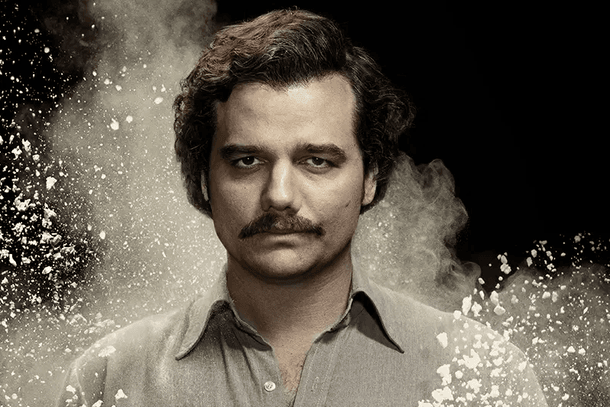Pablo Escobar: To protect or not to protect?

The European Court rejected the application for the "Pablo Escobar" trademark. Can such a ban be justified?
Can morality be defined?
In a decision dated April 17, 2024, the European Court upheld the appellate court's decision to reject the application for the European trademark "Pablo Escobar" due to its "contravention of public order and morality." But how can "public order" and "moral principles" be defined?
Questionable connotations
The name "Pablo Escobar" is mostly associated with drug trafficking, terrorism, and criminal activity rather than Escobar's alleged charitable deeds in Colombia.
Many consumers, especially in Spain, may find this trademark highly offensive and shocking, as its commercialization would trivialize the suffering caused by Escobar's cartel.
Myth vs. reality
The applicant's argument that mythical or symbolic figures associated with crime, such as "Robin Hood," was rejected. Despite the portrayal of Pablo Escobar in popular culture, his association with drug trafficking outweighs any alleged charity.
The fact that trademarks such as "Bonnie and Clyde," "Al Capone," or "Che Guevara" have been registered does not undermine the EU's decision, as each case is assessed independently based on specific circumstances.
EU Human rights values
Furthermore, this trademark goes against fundamental European values, such as human dignity, freedom, equality, and solidarity, as well as the principles of democracy and the rule of law.
This decision underscores the importance of societal values and moral standards in assessing trademark applications, which are not only commercial symbols but also bearers of societal and cultural messages.